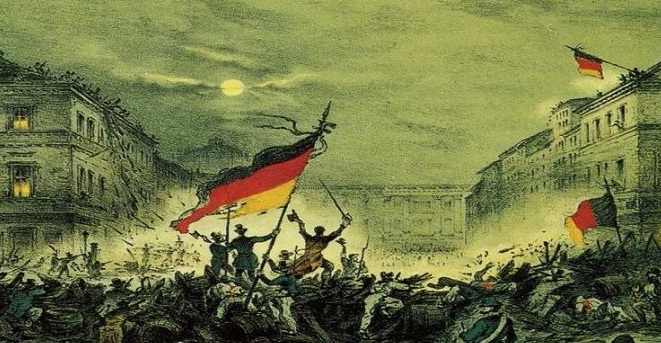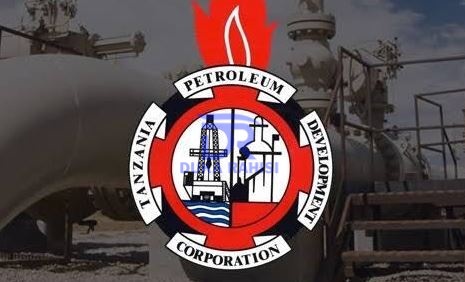MANIFESTATIONS OF EUROPEAN IMPERIALISM IN THE 19TH CENTURY
Military alliances and the notion of European balance of power
- MILITARY ALLIANCES
The defeat of France during Franco – Prussian war of 1871 had a tremendous impact in Europe. Before the war, the European powers were Britain and France but after the war, the new powers were Britain and Germany which meant that there was a shift in the balance of power.
After the defeat of France, Bismarck directed his efforts to isolate France in order to maintain her in a weak and defeated position by farming military alliances.
Bismarck forged military alliances with different European countries, this included;
(a) The Dual Alliance of 1879.
In 1879, Germany and Austrian –Hungary signed a treaty which formed a defensive alliance called the “dual Alliance” This alliance was intended to strengthen and protect Germany from France and at the same time protect Austria – Hungary against Russia. By 1870, Austria – Hungary was threatened by Russian Army ships in the Balkan regions and feared that Russia might attack her.
(b) The Triple Alliance of 1882.
In 1882, Bismarck formed the Triple Alliance which was intended to be defensive and to completely isolate and weaken France. The triple alliance came into existence by admitting Italy into the “Dual Alliance”.
France and Italy had both been interested in Tunisia; Italy became frustrated and started looking for alliance against France. The Triple alliance would therefore defend Germany, Austria and Italy.
(c) The Dual Alliance of 1892.
By 1992, both France and Russia felt insecure and they decided to make a defensive agreement called the Dual Alliance against the triple alliance of 1882. In this alliance, the two powers agreed to help each other incase of an attack by Germany.
(d) The Anglo – Japanese Alliance of 1902.
For many years Britain had concentrated on looking after vast empire and had kept out of European affairs, this policy was known as splendid isolation. When her colonial rural such as France and Russia combined to form the dual alliance of 1892; Britain was forced to forge an alliance with Japan with the objective of protecting her economic interests in the Far East.
(e) The Triple Entente of 1907.
In 1907, Russia was admitted into the “Dual alliance”, which led to the formation of the Triple Entente, consulting of Britain, Russia and Japan. These powers agreed to help each other in case of war.
In order to maintain stability in Europe, the European powers adopted the nation of balance of power.
The causes of militarism and arms race in Europe in the 19 th C.
Arms race, refers to the intense competition between nations to accumulate technologically advanced and military strategic weapon system. The most prominent instance of such competition was the rapid developed by the USA and the soviet union of more and better nuclear weapons during the cold war.
The term arms race its original usage describes a competition between two or more parties for military supremacy. Each party. Competes to produce large number of weapons, greater armies or superior military technology.
Factors for the Arms Race.
Some of the factors for Arms Race in Europe are;
The need to maintain balance of power among nations so that no one nations should military be threat to other.
The cold war that existed between U.S.A and U.S.S.R and their respective camps.
The developed world war was looking for more influence and control in the third world countries and other saw armament as a way of increasing that capacity
Armed race was meant to scare other countries of the world and make them fear the big powers such as U.S.A and U.S.S.R.
IMPACTS OF THE ARMED RACE
The following are some of the impacts of the armed race
Many people lost their lives due to the use of nuclear or chemical weapons e.g:- Nagasaki and Hiroshima in Japan during the second world war.
It reduced the level of resources that could have been utilized in the provision of social and economic welfare of the people in the super power states and the world countries
It sharpened the hostility between western block under U.S.A and Eastern Block under U.S.S.R.
The emergence of terrorists. Using various weapons of mass destruction.
THE NOTION OF EUROPEAN BALANCE OF POWER.
This refers to a policy whereby European powers used military alliances as the determining factor in maintaining stability in Europe.
The factors that led to the use of this policy:
(a) Rise of European nationalism.
During this period, colonies were seen as a sign of prestige. They became a test and proof of a nation’s superiority. This belief was bound to force the European powers to look for colonies in Europe, thus disturbing the balance of power.
(b) Development of monopoly capitalism.
The development of capitalism to the monopoly stage had various demands in Europe. Due to monopoly capitalism, there was need for raw materials, markets and cheap labour which could only be satisfied through acquiring colonies. To prevent European countries from searching for colonies in Europe, the European powers adopted the notion of European balance of power so as to maintain stability.
(c) Emergence of Germany and Italy.
After Germany and Italy achieved their unification, they joined the race for colonies to meet the demands of monopoly capitalism. To maintain stability in Europe, The European powers decided to adopt a notion of European balance of power.
Due to monopoly capitalism, there was a need for markets, raw materials and investment areas. Their needs could only be achieved by acquiring colonies but the European countries were not supposed to look for colonies inside Europe, thus an outlet had to be created and this led to the scramble for and partition of Africa.





































































